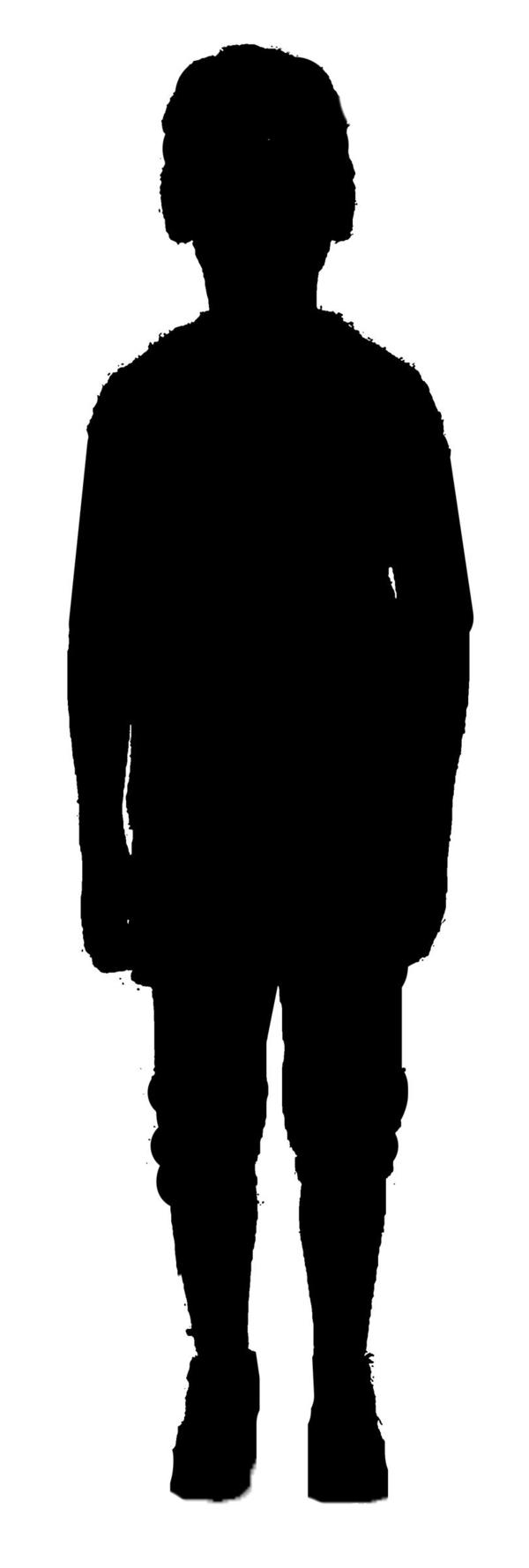Speaking of the city of Boston’s Archaeology Program, its staff took the lead in developing the “Slavery in Boston” exhibit in Faneuil Hall that I discussed back in June.
Its webpages host the online complement of that exhibit.
Those webpages include the Boston Slavery Database, a spreadsheet listing (as of 12 October) “2,357 Black and Indigenous people enslaved in Boston between 1641 and 1783.”
It looks like that listing was compiled mainly by compiling the enslaved people named in “the probate records for Boston proper and Dorchester,” along with research by historians Aabid Allibhai, Jared Ross Hardesty, and Wayne Tucker. The agency acknowledges that it’s incomplete.
Indeed, I ran some test searches for people like Onesimus Mather, Caesar Marion, Surry (Adams), Nero Faneuil, and Sharp Gardner, and didn’t find them.
Printers Pompey and Caesar Fleet appear, but not their father, Peter Fleet. Oliver Wendell appears twice as a slaveholder, but his servant Andrew, documented as testifying about the Boston Massacre, doesn’t show up.
The Boston Globe said one goal of this effort was to inform the public about colonial Bostonians in bondage “beyond the better known names of Phillis Wheatley and Prince Hall.” Ironically, neither of those names appears in the database.
All those missing names show how much larger the institution of slavery was over its fourteen decades in Boston. They also show the limits of one type of historic record. Enslaved people don’t appear in probate records if they died or were freed before their owner died, or if the vagaries of an owner’s estate mean that they weren’t specifically bequeathed or valued. Or if those documents simply disappeared.
The website says: “If you have done research and found evidence of an enslaved Bostonian who is not yet on this list, please email us with your data so that we can add them, with credit.” So this database is like Wikipedia, in that spotting an error or omission also confers some opportunity and responsibility to do something about it. Unfortunately, it’s easier to poke holes than to fix them. But I’ll add figuring out this database to my list of tasks.

Hi John - I always thoroughly enjoy your blog. I haven't read this yet, but it might be of interest to your readers: Jared Ross Hardesty's Black Lives, Native Lands, White Worlds: A History of Slavery in New England:
ReplyDeletehttps://bookshop.org/p/books/black-lives-native-lands-white-worlds-a-history-of-slavery-in-new-england-jared-ross-hardesty/12156360
Best, Steve
https://ernestgainescenter.blogspot.com/2015/03/the-whitney-plantation-and-remembering.html?sc=1738016063248#c582690651904593294
ReplyDelete